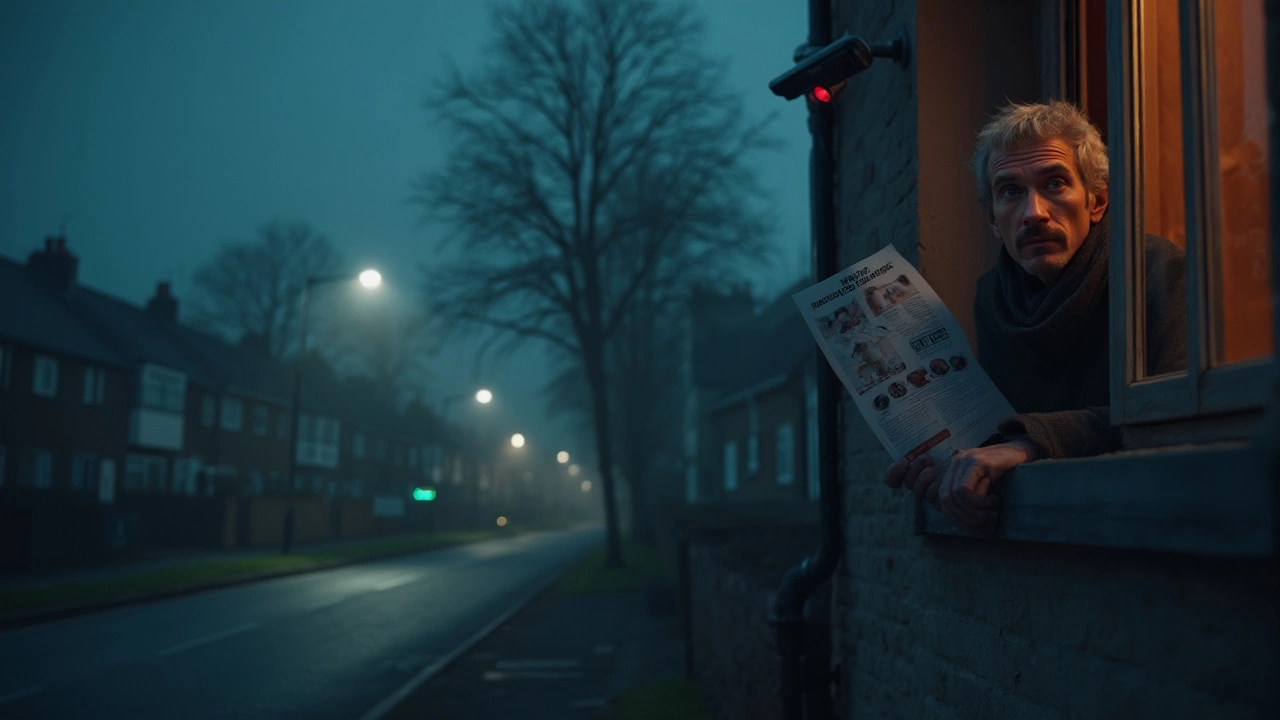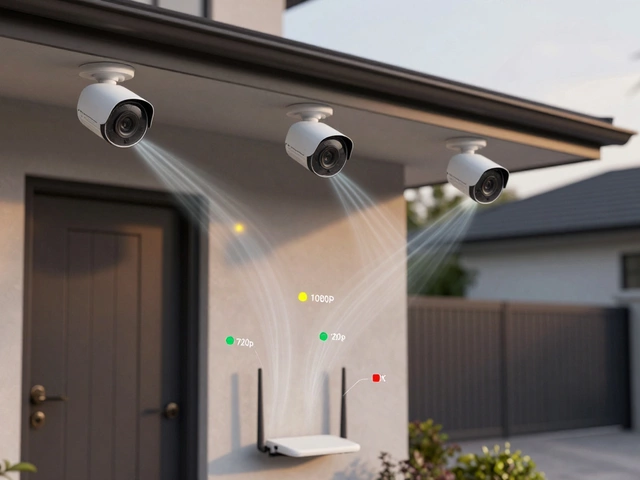Law and Home Security: What Every UK Homeowner Should Know
Smart cameras, video doorbells and alarm systems make life easier, but they also bring legal questions. If you’re not clear on the rules, you could face neighbour disputes or even a fine. Below we break down the most common legal issues and give you practical steps to stay safe and compliant.
Common Legal Questions About Smart Devices
Most people wonder whether a Ring or any video doorbell needs a licence. In the UK, the answer is simple: you don’t need a licence to install a camera on your own property. What matters is where the camera points. If it looks into a neighbour’s garden or a public footpath, you could be breaking privacy law. The Data Protection Act 2018 and UK GDPR say you must have a legitimate reason to record video of other people and you must keep the footage secure.
Another frequent concern is whether you can record audio. Audio recordings are treated more strictly than video. You need explicit consent from anyone you record, unless it’s for a specific security reason and you can prove the recording is proportional. Most doorbell manufacturers hide the microphone by default for this reason.
People also ask if a smart alarm can work without a phone line. The answer is yes – most modern systems use cellular or Wi‑Fi. However, if you rely on a phone line for monitoring, removing it could breach your contract with the monitoring service and may void any insurance claim.
Staying On the Right Side of the Law
First, check the field of view. Aim your camera so it only captures your driveway, front door and any part of your own property. Trim trees or adjust the angle if it looks into a neighbour’s yard. A quick test is to ask a neighbour if they can see their garden on your live feed.
Second, put up a clear sign. A simple "Video Surveillance in Use" notice lets visitors know they’re being recorded. This satisfies the transparency requirement of GDPR and can help you if a dispute arises.
Third, store footage securely. Use a password‑protected account and enable two‑factor authentication. Keep recordings for no longer than you need – usually 30 days is enough for security purposes.
If you’re renting, double‑check your lease. Some landlords forbid external cameras or require written permission. Ignoring this could lead to a breach of contract and a possible eviction notice.
Neighbour complaints often start with noise from a camera’s motion alerts or a flashing indicator light. Most devices let you mute the beep or turn off the LED. A polite conversation can solve the issue before it escalates to a formal complaint.
Finally, know your insurance policy. Some insurers offer lower premiums for homes with certified alarm systems, but they may require proof that the system meets certain standards, such as being approved by a recognized security body.
Keeping these steps in mind helps you enjoy the convenience of smart security without breaking the law. If you’re ever unsure, a quick chat with a local solicitor or your council’s planning office will clear things up.


